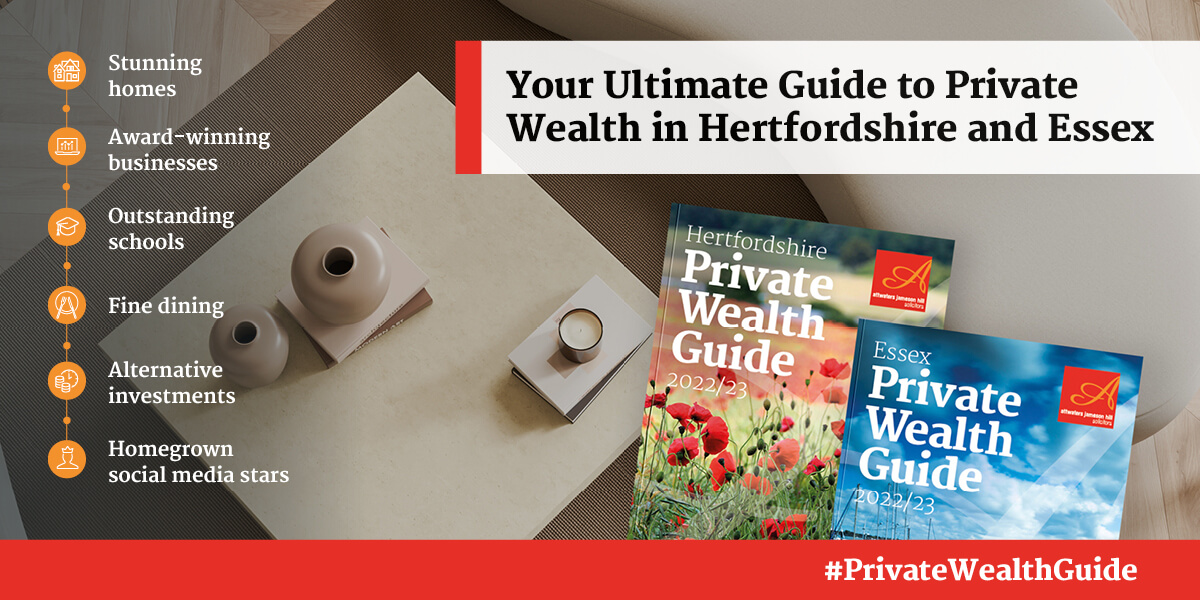Mediation – what it can achieve, and how to approach it
If you’re separating, going through a divorce or dissolving a civil partnership or even you’ve been separated for a while, you may need help in sorting out arrangements with your partner. It’s at this point that working with a neutral third party, an independent professionally-qualified mediator, can help you reach agreement on issues so that you can move on in your life.
What you each decide and agree in mediation can go on to form the basis of a legal agreement between you both, covering important issues such as how you will share the responsibilities of caring for your children and/or how your financial assets will be divided between you, and what ongoing support each of you may need from the other.
Setting an agenda
It is important to focus on the key issues for each of you in mediation and each mediation is individual and tailored to meet the needs of you both.
What is discussed during a mediation session will naturally vary from couple to couple, depending on the issues they want to resolve, and the priority they want to give to them. The mediator will begin by seeking to clarify what those issues are and talk about the timescales that the couple want to work to. Understandably for most couples, agreeing workable arrangements for the parenting of their children and resolving their financial position are top of the agenda.
The mediator will ask about your family circumstances and seek to get a clear picture of the family’s situation. It is important to be aware that if you are looking to reach a financial settlement which clearly sets out how your assets should be split, both parties will need to supply full details of their financial circumstances including all their assets, property, liabilities and income. This information will be used to create a memorandum of understanding that is often used to form the basis of a Consent Order within any subsequent or ongoing financial proceedings.
Finding common ground
It’s important to stress that mediation is entirely voluntary and represents a way of finding your own practical solutions to problems without going to court. Whilst it’s not there to sort out your relationship issues or get you back together (that’s the role of marriage counselling), mediation can help you take the practical decisions you need to agree between you once you’ve decided you are going to separate, or if you are already separated.
Obviously, for mediation to be successful you both need to agree to give it a try. By going through the mediation process neither of you should feel they have won or lost, rather that a sensible mutually agreeable solution has been reached that both parties feel happy with.
We’re often asked if information discussed and statements made during a mediation session remain confidential. Mediation sessions are ‘without prejudice’, and nothing that is said during a session can be later used in court. If you try mediation but it doesn’t work, then the court isn’t told why mediation wasn’t successful. It is important for you to know that mediation can be tried alongside court proceedings and often courts will recommend that mediation is tried.
What happens if mediation doesn’t work?
Although mediation does help many couples, inevitably it doesn’t work for everyone. If you try mediation and it doesn’t work, and you decide that you would like to issue court proceedings in many cases you will need the mediator to sign the relevant court form confirming that you have tried mediation or attended a Mediation Information Assessment Meeting but unfortunately mediation was either not suitable or broke down.
How we can help?
We can provide the guidance and support you need if you are separating and divorcing. Our Chartered Legal Executive Advocate, Sarah Canfield, is a fully trained all issues Family Mediator. She takes a holistic approach to family and childcare issues, ensuring the best outcome for all involved. She has been undertaking family mediation regularly in family disputes since 2012. She is a member of Resolution and the Family Mediation Council. To find out more, call Sarah on 0203 871 0116 or complete our online referral form.





















